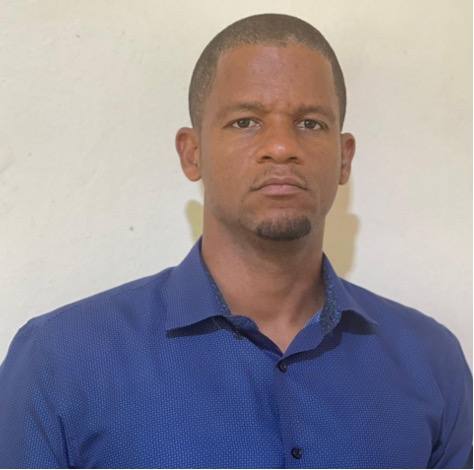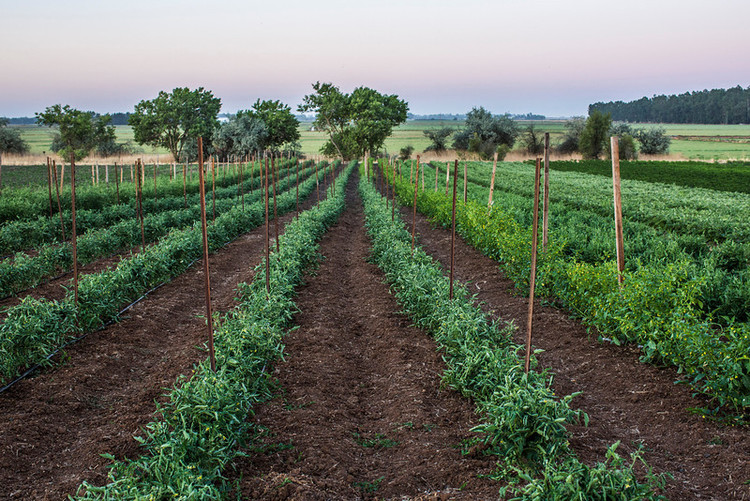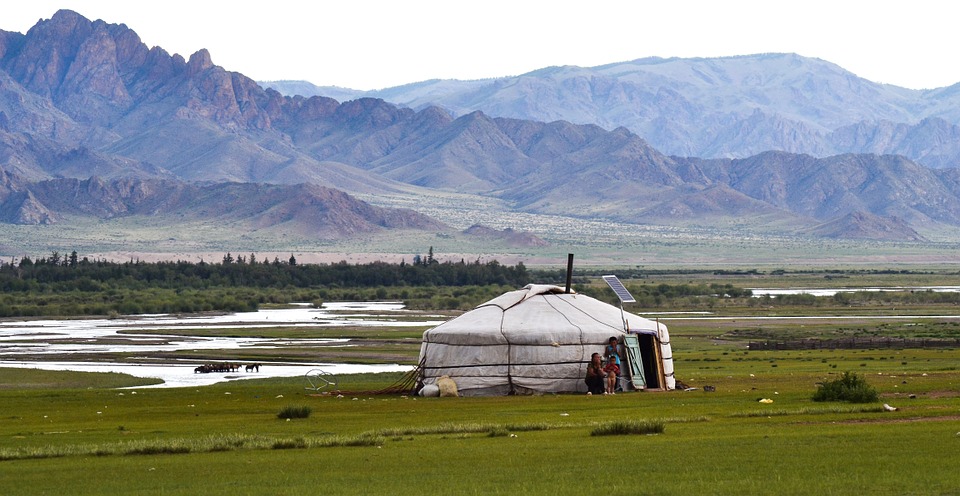Can you describe who you are and your role?
I am the Assistant Director for Survey and Mapping at the Liberia Land Authority. Our institution is a public entity responsible for all land-related activities in Liberia. In my role, I manage all surveys for government institutions and functions, oversee geodetic and spatial planning for the country's land authority, contribute to maintaining spatial and geo-databases, and help to establish the connection between spatial information, climate change, and land use in Liberia.
Why should land stakeholders care about the data that you work with in Liberia?
Let's bring together everyone concerned about faulty data or working in Liberia, as this information is crucial. For instance, data on land ownership is essential for agriculture to thrive, as it requires secure land titles. We need to provide secure land titles to our communities to boost socioeconomic development and support sustainable actions. Accurate data will inform better decision-making and help us implement more effective land management practices that enhance food security and mitigate climate change.
How did you get involved in open data, and what sparked your interest?
Those involved in open data understand that our country's data was historically managed on paper, making it extremely difficult for Liberians to access land information. When I joined the Land Authority, I recognized the importance of making data readily available and accessible to the public. This addressed a significant challenge upfront. I was drawn to open data because of its potential to increase transparency, improve decision-making, and ultimately support sustainable development.
What motivates you to believe in open data?
I believe in open data because it fosters transparency, accountability, and collaboration. Transparency ensures that processes like land formalization and title issuance are clear, while accountability extends from individuals to government officials and civil society. Collaboration is enhanced because open data provides a clear understanding of existing information, allowing for informed engagement. This enables easy outreach to relevant government agencies, like the Liberia Land Authority, for informed decision-making.
What is your vision for open data in the land sector in Liberia? Has this evolved over time?
Open data adoption is slow in Liberia, with limited public awareness of its benefits. My vision is to establish a comprehensive, accessible, and transparent land information system to support sustainable land management and development. This will enable our population to access data quickly and make informed decisions across all sectors. I envision a system where data is not only open but also interoperable, allowing for seamless integration across different platforms. This will improve decision-making among stakeholders, government agencies, the private sector, and local communities, leading to the effective utilization of land management data in Liberia.
Can you highlight your biggest achievement in the open data sector so far?
That's a complex issue for us. Historically, almost all our data was paper-based, making it nearly impossible for ordinary citizens to access. This has been our primary challenge.
However, with support from international partners, we've developed the Community Land Management Information System, which tracks customary land formalization in Liberia. Since about 70% of our land is customary, this tool is crucial. It's available online and shows the progress of civil society and donor-funded formalization efforts.
Regarding private land, progress is slower due to a lack of support for making private information public. We've digitized some old deeds and georeferenced them, but this data is currently only accessible internally. To fully open this data, we need government support and additional funding. We believe this is essential for Liberia's peace and security and are open to collaborations to achieve this goal.
In summary, while we've made progress with customary land data, significant challenges remain in opening up private land records.
What are the major challenges you see in creating an open data system in your country and how have you addressed these challenges in your work?
One significant challenge for open data in Liberia is limited infrastructure. When I joined, there was no IT infrastructure, such as computers. Recently, partners provided laptops, and the World Bank established a GIS lab. However, there's also a shortage of technical expertise. To address this, we trained ten staff members in data software, including GIS, ArcMap, QGIS, and Microsoft Word.
Another obstacle is resistance to change. People are comfortable with traditional methods. To encourage adoption, we offered incentives and highlighted the potential for additional income. This approach has helped build confidence and promote the use of new technology.
The most substantial challenge is funding. The government has limited support for land issues, leaving us reliant on donors. If donor interest in open data initiatives wanes, our work is at risk.
What specific activities have you implemented to raise the profile of land data?
We've been actively engaging stakeholders through workshops, seminars, and other platforms to raise awareness about the importance of open data and its role in maintaining peace and security in Liberia. We've also emphasized the benefits of open data to landowners. Whenever given the opportunity, such as radio discussions or land-focused events, we incorporate the topic of open data and its relevance.
Additionally, we've developed a mobile application for the Software Licensing and Registration Board. This app allows users to verify software licenses by entering the software name or license number. While we haven't dedicated formal sessions to this app, we've integrated it into our broader open data outreach efforts.
How do you engage and inspire others to support open data practices?
We seize every opportunity to inform our audience about the critical role of open data in maintaining peace and security, especially in a fragile country like Liberia. Whenever significant advancements occur, we engage with the media to highlight the Land Authority's efforts towards open data, even though progress is gradual. We remain confident in our ultimate success. Additionally, we regularly interact with colleagues and civil society organizations.




